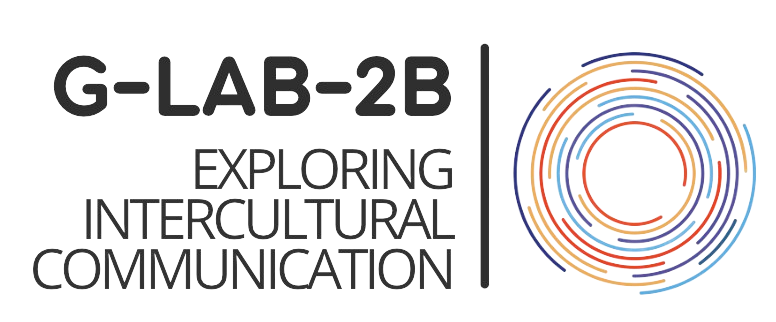RESEARCH DOI: 10.13140/RG.2.2.35795.03365
The question of how cooperation can emerge in intercultural crisis and conflict environments points directly to the core of contemporary global challenges: climate crisis, geopolitical tensions, and social and intercultural polarization. Despite possessing sophisticated tools, unprecedented knowledge, and instantaneous communication channels, humanity appears largely incapable of articulating sustainable intercultural cooperation at a large scale. This paradox demands not merely theoretical understanding but practical diagnosis and change frameworks capable of transforming crisis environments into emergent cooperation systems.
Emergence constitutes a phenomenon where interaction between simple elements generates completely new properties, seemingly impossible to predict from individual parts. To understand this phenomenon in cooperation and crisis contexts, this research employed a comprehensive theoretical-empirical approach. Current cooperation models have been critically assessed in terms of their contributions and limitations in different scenarios, which include international geopolitics, business environments, educational settings, and social society contexts.
Key findings of the theoretical approach revealed six fundamental dimensions, and their interrelation, forming effective and harmonic cooperation in intercultural crisis environments: three relational dimensions; Trust, Shared Vision, and Resonance constituting the emotional and long-term substrate, and three instrumental dimensions; Communication, Urgency, and Organization providing practical short-term mechanisms. This framework structure enabled the discovery of both Readiness patterns, indicating preparedness for cooperation across each dimension and Resistance patterns revealing precise obstacles hindering cooperation, allowing systematic diagnosis of what facilitates or blocks cooperative emergence. Furthermore, the research discovered that measuring these patterns reveals the gap between the current state and desired future state, enabling prioritization and degree of interventions. Additionally, and according to the different environment domains, the research identified six critical stages in crisis evolution; Pre-Crisis, Dormant Crisis, Developed Crisis, Deep Crisis, Crisis Transformation and Post-Crisis.





